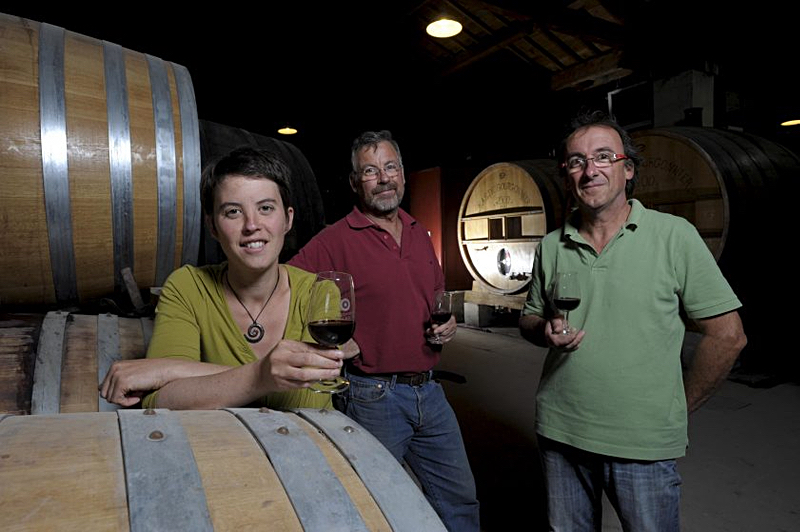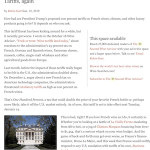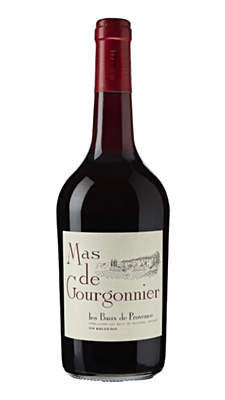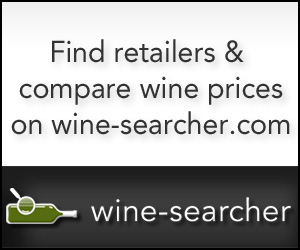I opened a favorite Provence red wine the other day, and much to my surprise, it was closed with a real, whole cork. You don’t see that much anymore.
What do you think?
Do you agree that natural corks are disappearing from affordable wines? Tell us your corked-wine stories in Substack Chat!
Particularly in the range of good, dry table wines in the $10 to $25 range where I usually prowl, whole natural corks have all but disappeared, in my experience.
Quietly, so we hardly even noticed, whole corks have gradually given way to a range of options: Sturdy metal screw caps, synthetic corks made with either plant-based or petrochemical resins, and so-called “technical” corks like the popular Diam closure, made from natural cork that’s crushed and ground into tiny granules, treated with carbon dioxide to banish the cork-taint contaminants, and reassembled back into a natural but processed cork-shape stopper.
A bag of Diam corks costs the producer $583.45 to $886 for a bag of 1,000 corks, or from 58 cents to 89 cents per cork. That’s not cheap, a bit above the $350 to $750 per 1,000 that’s typical for natural cork. Carefully produced natural cork with a no-taint guarantee can run even more.
Still, this week’s featured wine, Mas de Gourgonnier Les Baux de Provence, came with a natural cork.

The storied domaine Mas de Gourgonnier, says importer Skurnik Wines, is run with passion and skill by Luc, Eve, and Lucienne Cartier, who’ve been farming and making wine organically for decades. Their gorgeous property in the beautiful countryside appellation of Les Baux de Provence yields powerful expressions of Grenache, Syrah, Mourvedre, Carignan, and more – not to mention olives (their oil is one of France’s finest), and incredible fruit and vegetables.
The Cartier family, represented in this generation by Luc, Eve, and Lucienne, has been farming and making wine organically for decades on this beautiful property for generations. Given their commitment to nature and treading lightly on the Earth, it doesn’t surprise me that they remain committed to clean natural cork for their red wine; or that they’ll take care to use quality cork that keeps the fault of cork taint at bay.
We’ve come a long way in the 21-plus years since I gave voice to frustration in March 24, 2003 Wine Advisor, headlined “Corked!” Following a dispiriting string of corked wines during a trip to Italy that month, I wrote:
Many wine lovers believe that the problem of cork taint can be eliminated entirely by replacing natural corks with a synthetic closure or screw cap, and a few producers have boldly moved to these alternatives. But natural cork is so strongly associated with quality wine in the mind of many consumers that the wine industry overall has been slow to consider shifting to cleaner closures.”
As long as consumers continue to demand that quality wines be stoppered with natural cork – a 17th century technology for 21st century wine – we must accept that a small but significant percentage of the wines we open will be afflicted with an unpleasant fault that seems to be inseparable from natural cork.
I don’t know about you, but I’m ready for change.
Cork taint remains a serious problem for wine lovers with deep cellars, still drinking favorite wines from decades past, when as many as one bottle in ten or more proved undrinkable, ruined by the stench of the contaminant trichloranisole as I described it in 2003: “Musty. The smell of a damp basement with a hint of dusty old attic; a mushroomy note, woody cork, a whiff of chlorine bleach. No fruit, no aroma identifiable as wine. Fruit tries to punch through in the flavor, but gives up the fight against mold, mushroom and must.”
For those of us who drink mostly younger wines bottled in the past five to 10 years, most of them closed with alternatives to whole natural cork, we rarely if ever encounter this anymore. And when we do find a natural cork, assuming it’s from a reliable producer like Mas de Gourgonnier, we can pull the cork with reasonable confidence.
This is one of my favorite wines. I’m always delighted to find the newest vintage in my wine shop. If you give it a try, I think you’ll love it too.
Today’s Tasting Report
Mas de Gourgonnier 2021 Les Baux de Provence ($18.99)
Mas de Gourgonnier Les Baux de Provence is very dark blackish-purple with bright garnet glints. Its all-organic varietal blend changes with each harvest; this 2021 is Syrah (38%), Grenache (22%), Cabernet Sauvignon (22%), and Carignan (18%). A fresh raspberry scent shows first, followed by blackberries, black cherries, black pepper and fresh basil in subtle complexity. Black fruit flavors come through on the palate, formed by mouth-watering acidity, wispy tannins, and earthy minerality. Modest 13.5% alcohol. U.S. importer: Skurnik Wines & Spirits, NYC, North Berkeley Imports in Berkeley, Calif., and other regional importers. (June 27, 2021)
FOOD MATCH: This excellent Provence red is a natural for steaks and burgers, grilled chicken, tomato-sauced pasta, meatless cheese dishes, hearty vegan lentil or bean stews, and just about anywhere a good European-style red table wine would go.
WHEN TO DRINK: This 2021 vintage is drinking beautifully now, but this is not a wine for long-term cellaring. Still, a couple of years under reasonably cool storage conditions shouldn’t do it any harm. Note that the 2022 vintage is already in the U.S. market, and the 2023 is showing up in France, so you can pay your money and take your choice.
VALUE:
My local $19 tab, only a dollar more than I paid for the 2016 vintage, was a bit under Wine-Searcher.com’s $20 U.S. average retail price, and it’s often available in some regions for a couple of dollars below my price. This wine is an excellent value.
WEB LINK
Importer Skurnik Wines & Spirits offers this detailed fact sheet for the 2021 Mas de Gourgonnier. You can read more about the producer on this Skurnik page. You can also follow Mas de Gourgonnier’s Instagram page (in French).
FIND THIS WINE ONLINE:
Find vendors and check prices for Mas de Gourgonnier Les Baux de Provence on Wine-Searcher.com.
Follow this Wine-Searcher link to read more about Southern Rhône red blends and find listings for wines and vendors.
Learn about the Les Baux de Provence wine region and browse Wine-Searcher links for dozens more wines at this Wine-Searcher link.
Find the wines you want
Explore Wine-Searcher
Wine-Searcher.com is the place to go online if you want to find where to buy a particular wine that interests you. What’s more, Wine-Searcher.com offers so much more. It’s well worth a visit just to discover its many features, including its popular list of the world’s Top 10 Best Value Wines.
Good wines we’ve tried under $10.99!
Want tips to still more good, inexpensive wines? Here are Wine-Searcher links to vendors and prices for a bunch more wines for $10.99 or less that I’ve told you about in recent years. In some cases the prices may have risen over the $10.99 mark since I reviewed them, but they should still be excellent bargains. Please tell us about your favorites!
- Santa Cristina Toscana
- Santa Marina Toscana Rosso
- Famille Perrin Ventoux La Vielle Ferme
- Boutinot “Uva Non Grata” Vin de France Gamay ($9.99)
- Laroque Cité de Carcassonne ($10.99)
- Famille Perrin 2019 “La Vielle Ferme” Rouge ($7.99)
- Querceto 2019 Chianti ($10.99)
- Porto Kopke Fine Ruby and Tawny Port ($9.99/375ml)
- La Fiera 2016 Montepulciano d’Abruzzo ($8.99)
- La Vieille Ferme Vin de France Rosé ($8.99)
- La Fiera Montepulciano d’Abruzzo ($8.99)
Sponsor the Wine Advisor.

Support The 30 Second Wine Advisor and help us pay the rent while reaching 25,000 dedicated readers with your sponsorship message in this space, at the top of this E-letter, and on our social media. If you’re an established business in wine, food, and similar ventures, there’s no better way to focus your message toward an audience that comes here for just those topics. See our Sponsorship Page, or email Robin Garr for more information.
Wine Forum and Social Media
You’re always welcome to drop by our WineLovers Discussion Group, the Internet’s first and most civil online community. Discussions are open for public viewing, but you must register to post. To request registration, please contact me at wine@wineloverspage.com, tell me your name, mention the Wine Advisor, and briefly say why you’d like to participate in the forum. Sorry about the minor red tape, but this is our simple, low-tech way to deter spammers and bots.
I’d also be delighted to have you visit and “like” our WineLovers Facebook Page.





